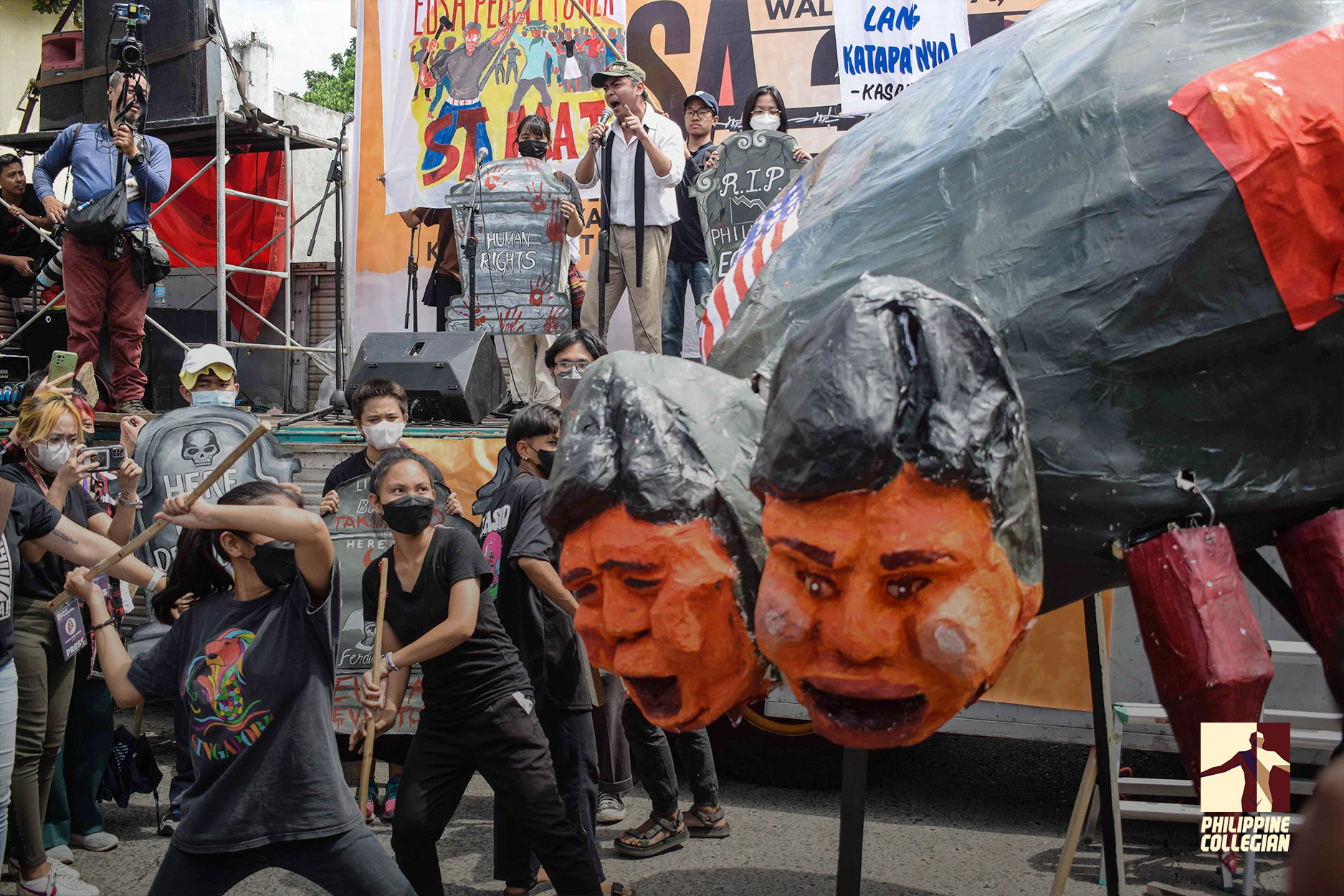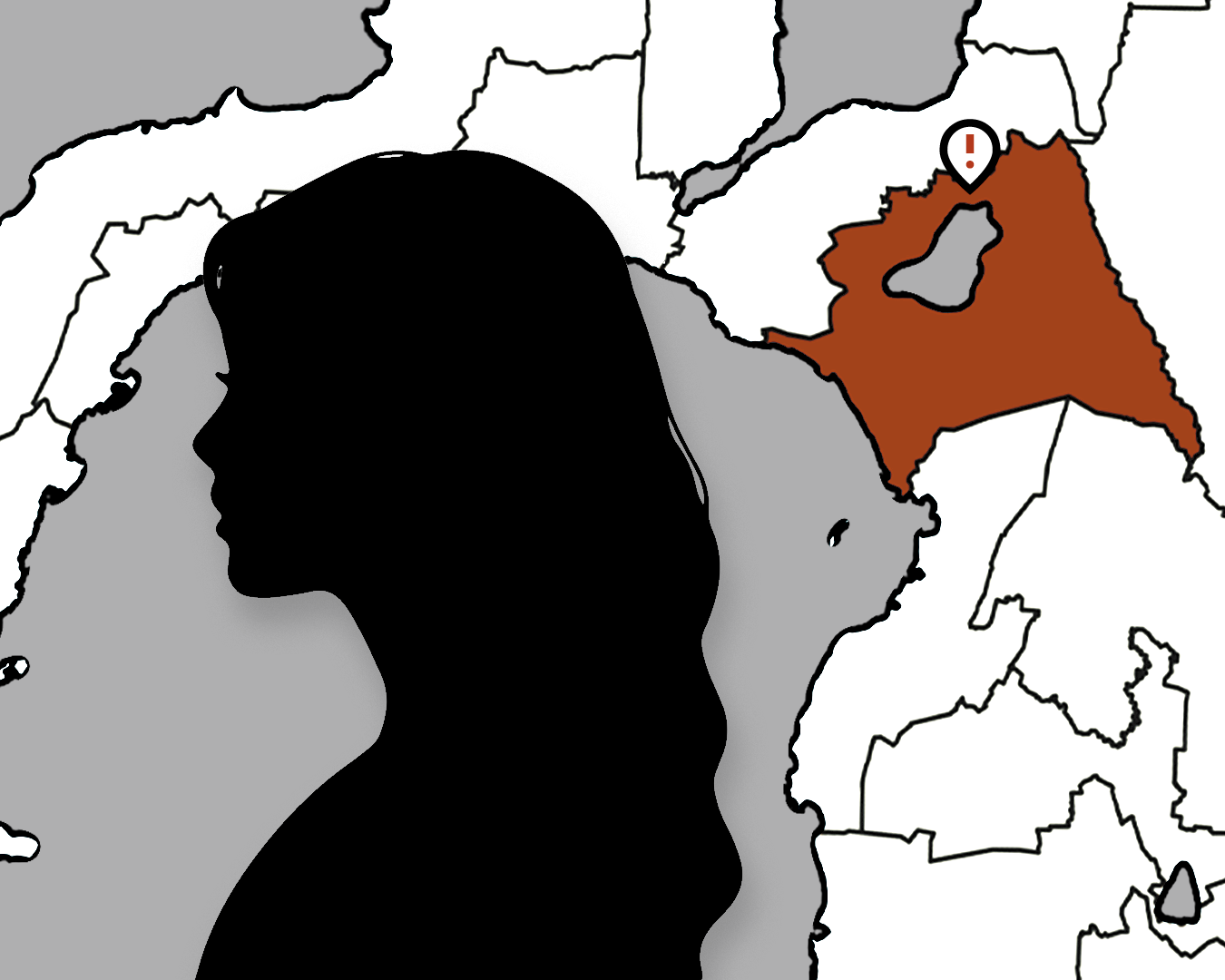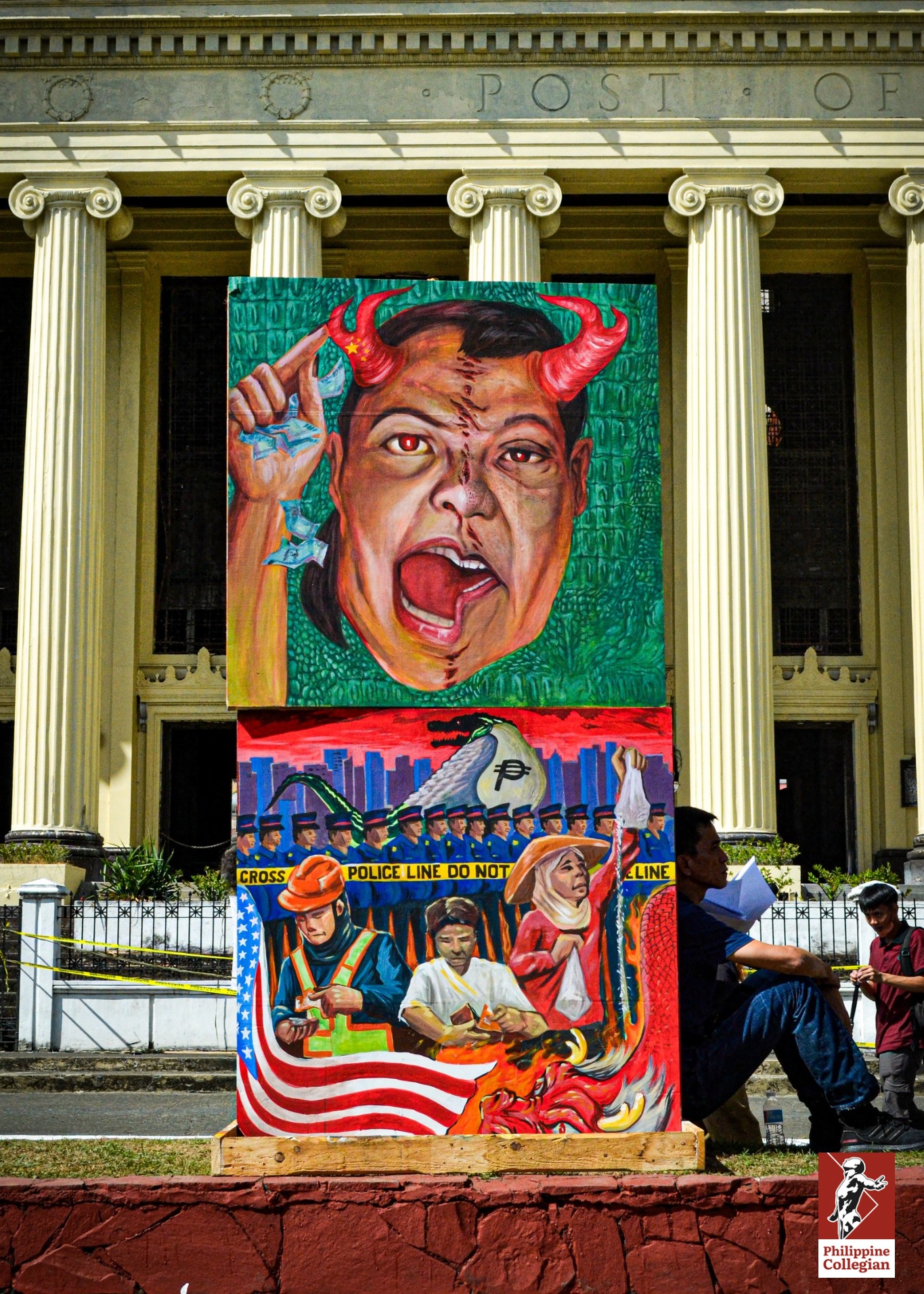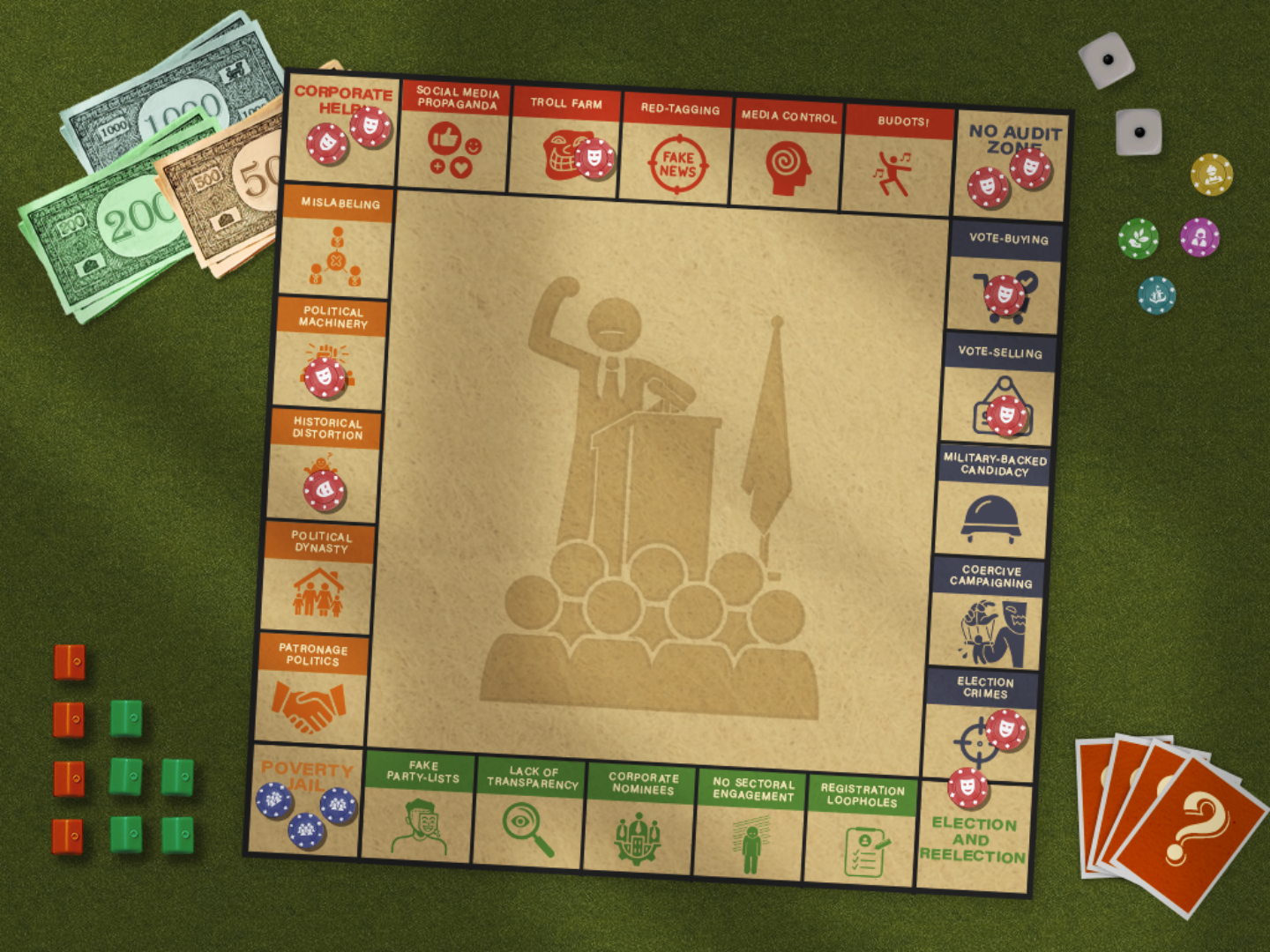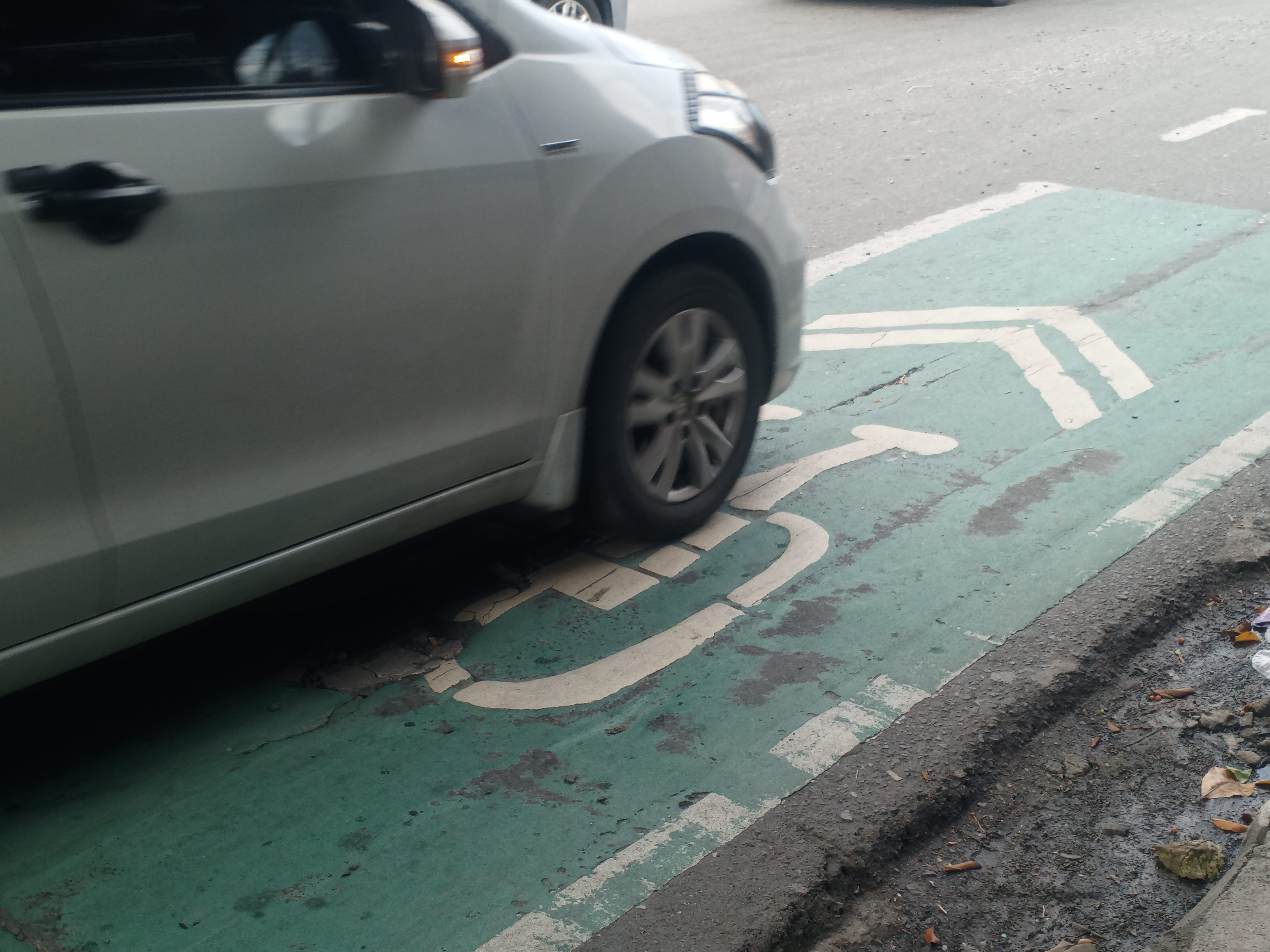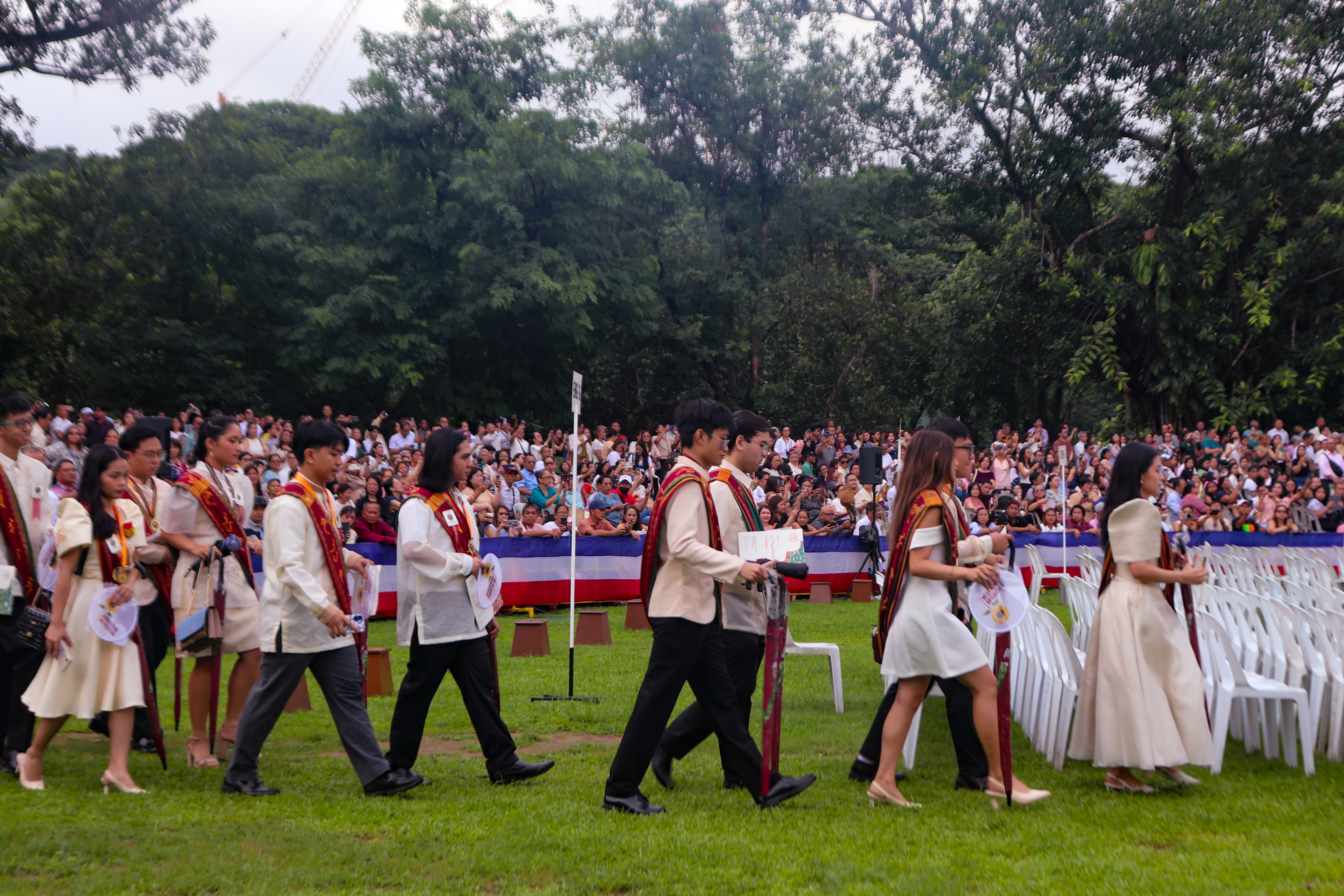The opposition must scale great heights to mount a winning national campaign, as self-serving political elites round up electoral coalitions, a year ahead of the 2025 midterm polls.
Former President Rodrigo Duterte’s Partido Demokratiko Pilipino (PDP), formerly PDP-Laban, has endorsed the reelection bids of Sens. Bato dela Rosa, Bong Go, and Francis Tolentino. But PDP’s power is waning as its members hop off to join President Ferdinand Marcos Jr.’s Partido Federal ng Pilipinas (PFP) or House Speaker Martin Romualdez’s Lakas-CMD, which currently holds a third of the members of the House of Representatives.
To consolidate the two parties for the midterm polls amid declining satisfaction among the voter base, PFP signed an alliance pact with Lakas-CMD to form the president’s coalition “Alyansa Para sa Bagong Pilipinas.” PFP Chairperson Sen. Bong Revilla is the first to be slated in a reelection bid.
Such electoral coalitions are formed to pool resources, share campaign costs, leverage each other’s influence, and consolidate votes from different regional and socioeconomic bases. By previously teaming up with the Dutertes in Davao, Marcos captured the Mindanao vote. This is the strategy of political dynasties to consolidate power—forging alliances with equally influential families from different regions to expand their force beyond their bailiwicks.
To run a national campaign, political aspirants need to pour in millions. In 2022, Sen. Alan Peter Cayetano incurred the most expenditures among senatorial aspirants, spending P245.3 million from contributions.
The money-centric nature of elections places the opposition at a real disadvantage, at least financially. Even the lone opposition winner in the 2022 Senate polls, Sen. Risa Hontiveros, spent P134.5 million in her campaign, mostly from contributions.
The need to raise resources is dire, but the opposition need not be subservient to self-serving elites and shift their loyalties for their backing. It has to confront these factions, building on the strengths and lessons it drew from the past elections and mass campaigns.
The rising costs of goods and services amid stagnant wages remain the most pervasive concern among Filipinos, according to a Pulse Asia poll. This should drive the opposition toward a common aspiration. To address the issues deeply afflicting ordinary citizens, it cannot fall back behind factions without genuine concern for the needs of the people.
To capture the popular vote, the opposition must struggle to forge a solid united front with a tangible policy agenda directly addressing raging public concerns and issues of bread and butter—inflation, inadequate wages, corruption, unemployment, and poverty on top of the list.
In doing so, the opposition must build the campaign from the ground up, centering the people to whom the real power resides. This means engaging with communities at the local level, listening to their concerns, and incorporating their needs and aspirations. This involves mobilizing grassroots support and forming a network among local leaders and sectoral groups.
At the end of the day, elections are still decided by the people’s will. It must be acknowledged that the people, in their sovereign capacity, have the power to choose their representatives, hold them accountable, and shape the policies that the government creates and enforces.
The midterm poll is still a year ahead and the road is blocked by great walls, but no wall is ever indestructible. ●
